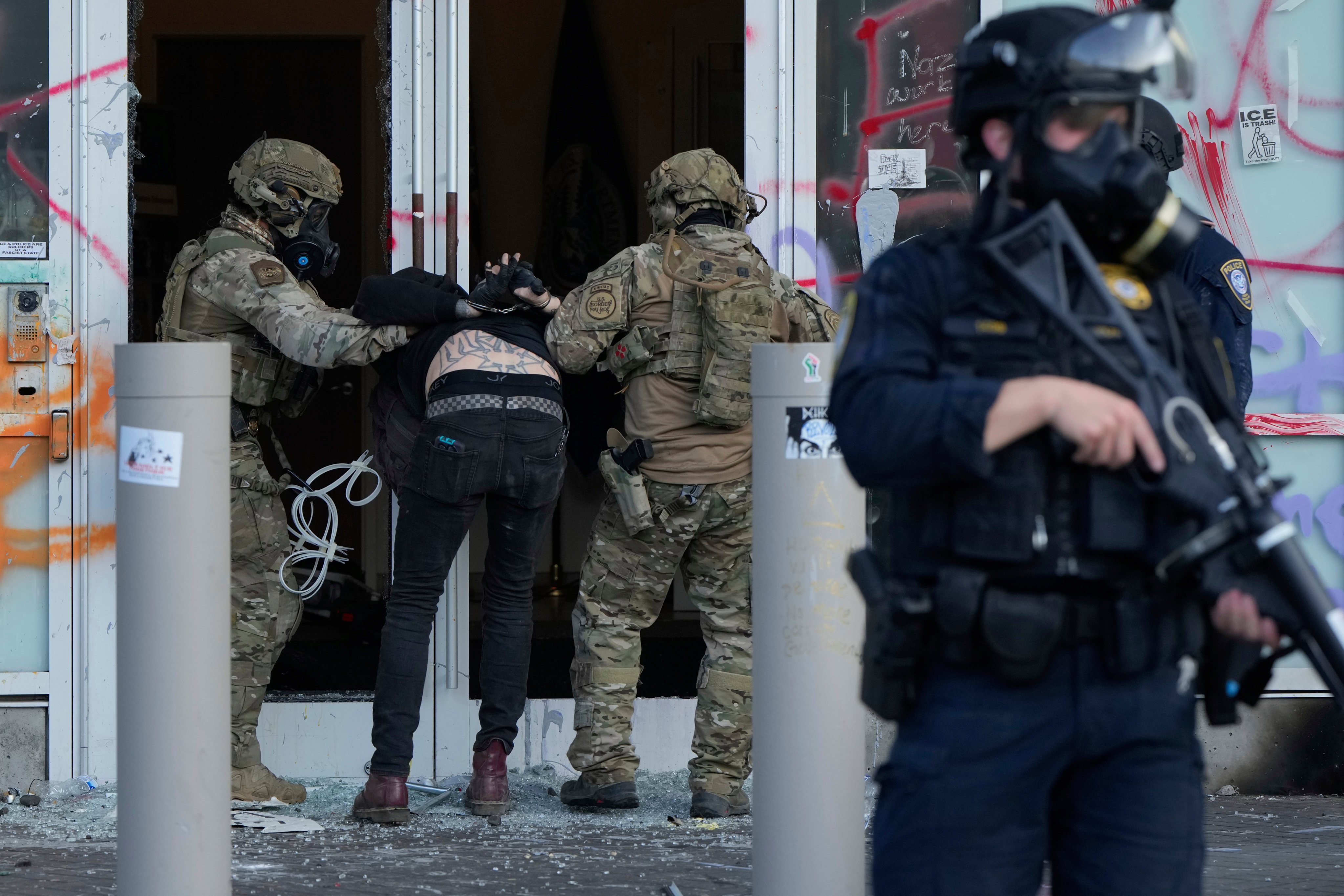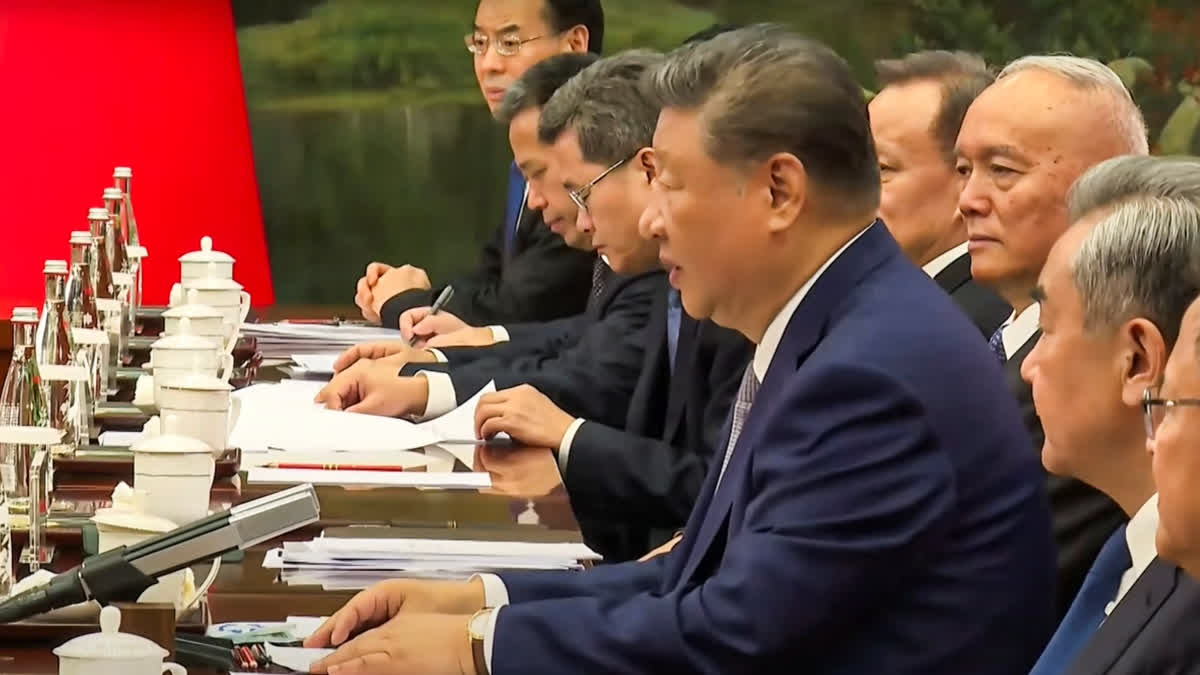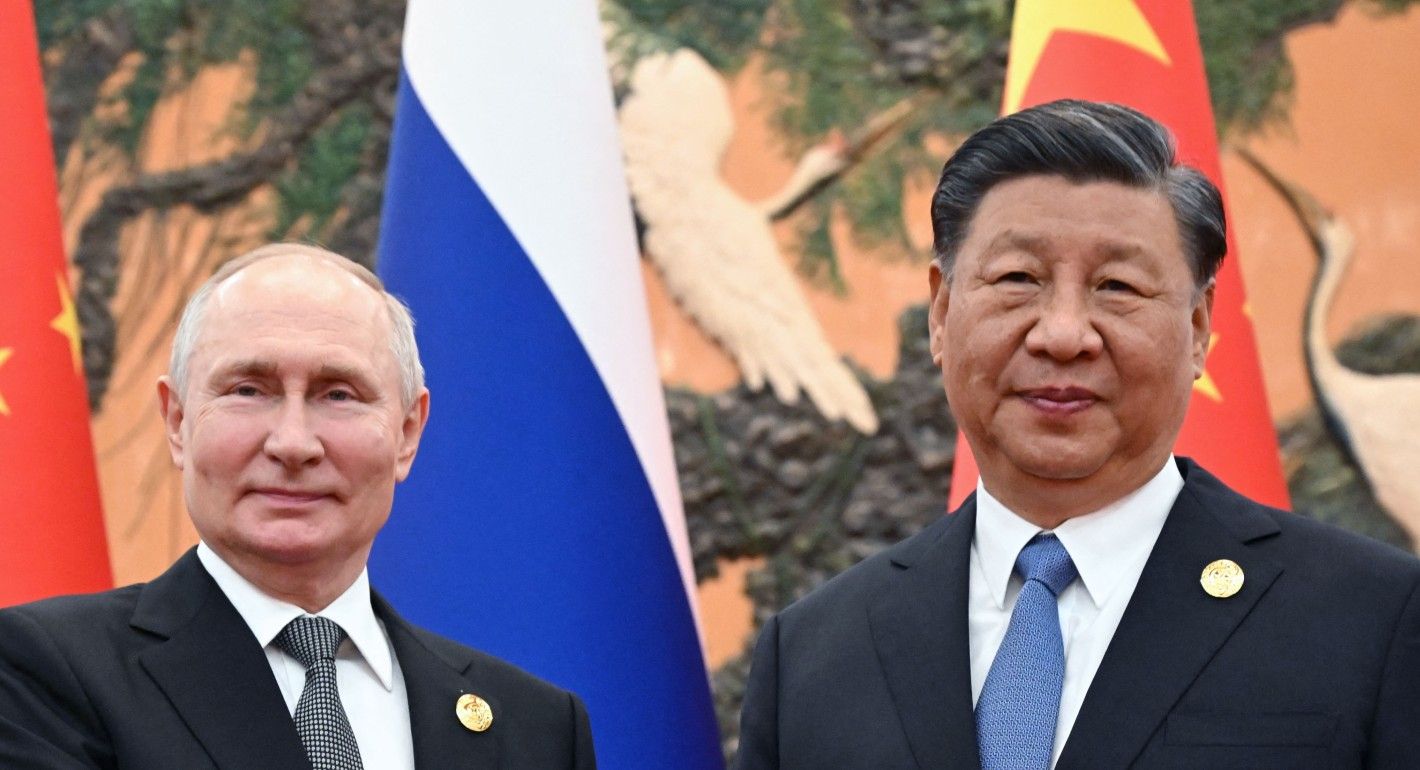The announcement of sending federal personnel to Portland has reignited national debates about immigration enforcement, public safety, and the role of federal authority in local jurisdictions.
La decisión de enviar tropas a Portland marca un nuevo capítulo en las tensiones actuales entre el gobierno federal y algunas administraciones locales. Esta acción se presentó como un paso necesario para garantizar la seguridad de las instalaciones de Inmigración y Control de Aduanas (ICE), que han sido cada vez más el centro de manifestaciones y críticas. Al poner el énfasis en la seguridad y el orden, la administración busca justificar una presencia federal en una ciudad donde tanto los funcionarios como muchos residentes se han manifestado abiertamente en contra de tales intervenciones.
Federal priorities and the rationale behind the move
The stated purpose of the deployment is to safeguard federal property and personnel from potential threats. In recent years, ICE offices have been at the center of heated protests, with activists calling attention to immigration policies they view as unjust and harmful. Demonstrators argue that these facilities symbolize a broader system of enforcement that separates families and places vulnerable communities under constant fear of detention.
For federal officials, however, the narrative is different. They argue that failing to protect ICE facilities would embolden disruptive groups, undermine the rule of law, and threaten the functioning of essential government services. By sending federal troops, the administration signals a willingness to assert control in areas where it perceives local authorities are unable or unwilling to maintain order.
This move reflects a broader trend in which federal power has been asserted more aggressively in disputes over immigration enforcement. It also highlights the persistent divide between Washington’s policies and the stance of many local governments, particularly in cities that have declared themselves sanctuaries for immigrants.
Community worries and local feedback
The sending of federal forces has provoked significant responses from local authorities, civil liberties organizations, and residents in Portland. Municipal representatives have voiced worries that a military-like presence might heighten tensions instead of alleviating them. Numerous people are concerned that this move could trigger clashes between the community and federal agents, leading to more disorder and diminishing confidence in governmental bodies.
For residents, the move raises questions about constitutional rights, freedom of expression, and the balance between security and civil liberties. Critics argue that the presence of troops near protests may deter lawful demonstrations and criminalize dissent. They also fear that the increased militarization of federal enforcement could deepen divisions within the community, creating an environment of fear rather than safety.
Those in favor of the deployment, however, assert that safeguarding federal buildings is a legitimate duty of the government. They contend that without action, destruction of property and violent confrontations could persist without control, jeopardizing both safety and peace. This difference in viewpoints highlights the wider ideological division within the nation concerning the proper role of government in managing social unrest.
Wider effects on national political landscape
The choice to deploy military forces to Portland should not be seen as an isolated event. It is connected to a broader trend involving federal actions related to demonstrations, immigration discussions, and political divide in the United States. By portraying the defense of ICE centers as a national security concern, the administration presents the matter as more than just a local issue, symbolizing its wider dedication to maintaining law and order.
This approach resonates with supporters who view strong enforcement as essential to maintaining sovereignty and stability. At the same time, it intensifies criticism from opponents who see such measures as authoritarian and dismissive of democratic values. The clash of narratives has become a defining feature of political discourse, shaping how Americans interpret both immigration policy and the use of federal power.
Looking ahead, the presence of federal troops in Portland could set a precedent for similar interventions in other cities. If successful in preventing disruptions, the strategy may encourage broader applications of federal authority in contexts where local governments resist cooperation with national policies. Conversely, if tensions escalate and unrest worsens, the move may reinforce arguments that such deployments undermine public trust and inflame divisions rather than resolve them.
What it means for the future
Ultimately, the decision to send troops to Portland reflects deeper questions about governance, democracy, and national identity. It forces Americans to confront the balance between protecting institutions and respecting individual rights, as well as the limits of federal intervention in local matters. For Portland, it means navigating a period of heightened scrutiny, where the city becomes both a symbol and a battleground in a larger political struggle.
For the government, the rollout provides a chance to demonstrate its commitment to safeguarding safety and order, despite the potential backlash over exceeding limits. For locals, activists, and community leaders, it signifies a test of preserving communal principles while dealing with the impact of national authority.
The debate highlights the interconnection between immigration control, community safety, and political identity, which influence not only regional disputes but also the overall direction of the United States. It is unclear if deploying troops will bring about stability or escalate tensions, yet its effects will be felt well beyond Portland in the ongoing discussion regarding the government’s part in molding the country’s future.






